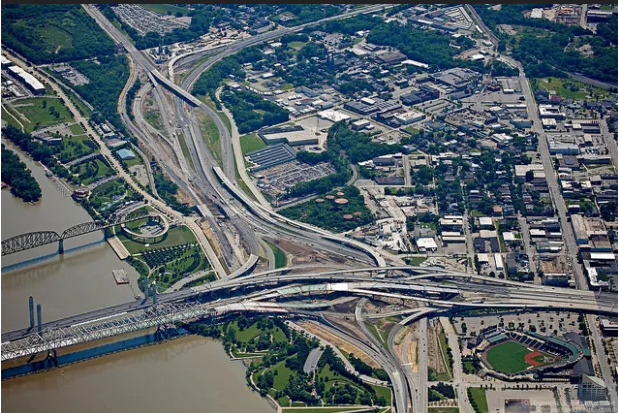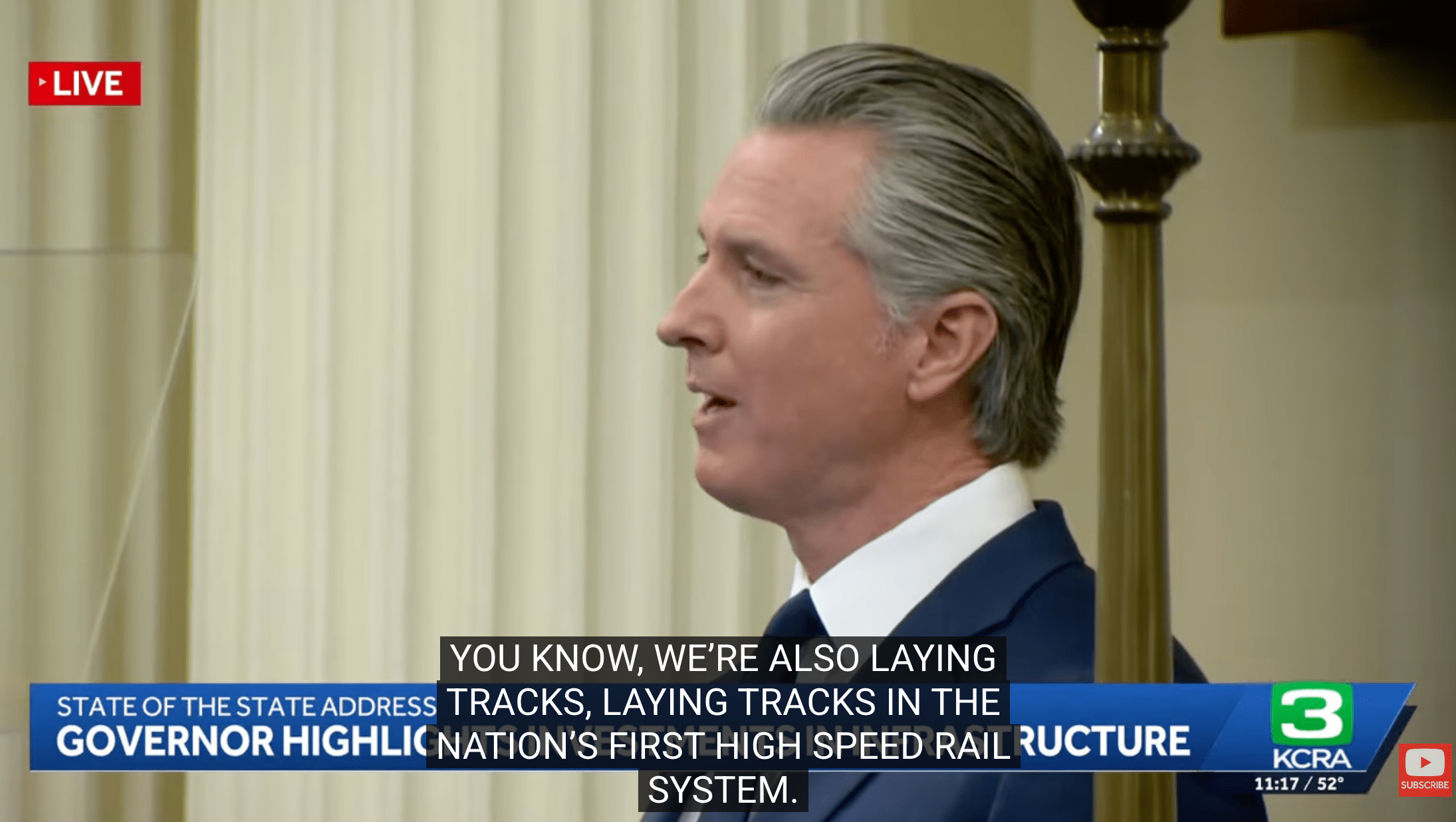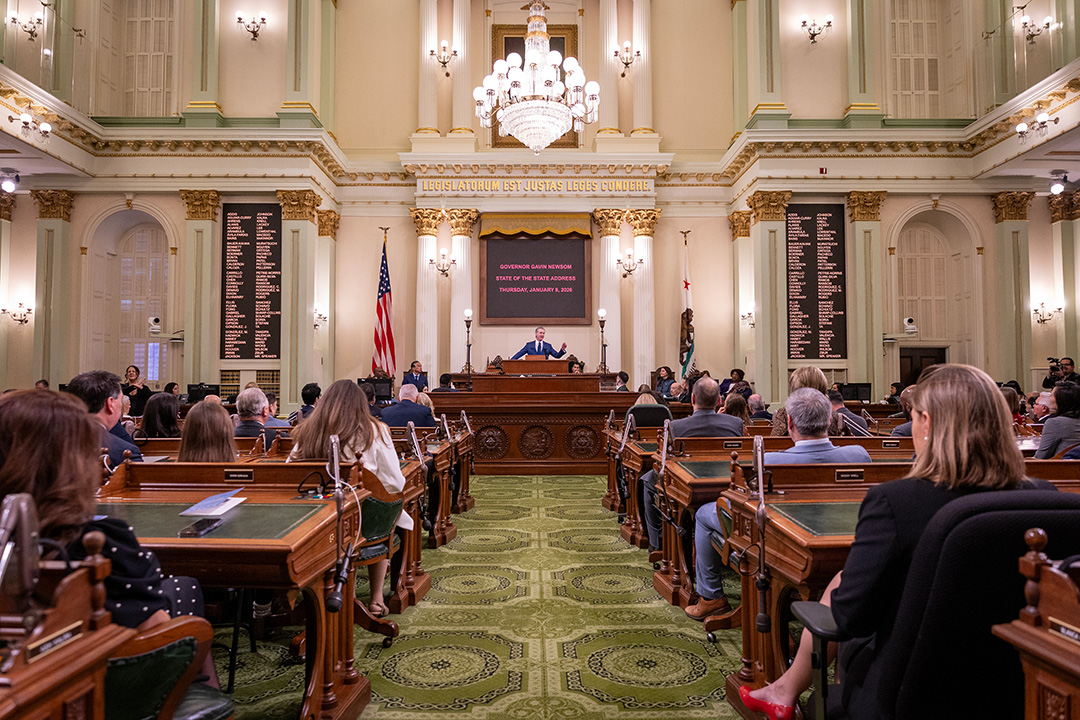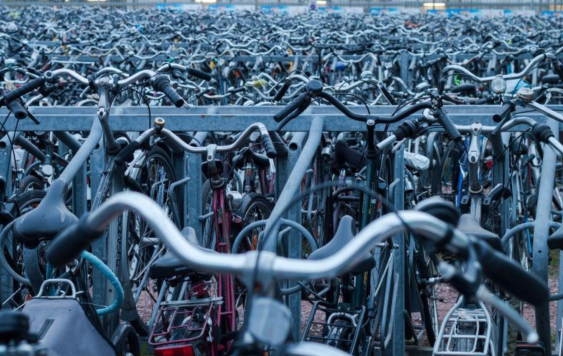It's the latest battle for the soul of the Democratic party.
Labor unions and pro-highway organizations that represent the Establishment are hindering transformational change that could reduce our dependency on cars, tackle income inequality, and shrink our carbon footprint by putting short-term interests over long-term climate goals, advocates say.
Transportation experts in Washington made a splash last month when they called on Congress to stop increasing transportation spending on new highways and interstates and instead prioritize maintaining existing roads and transit projects. But labor leaders insist that keeping federal surface transportation funding at current levels — roughly $305 billion — would hurt workers and ultimately undermine transit.
"If you want to invest more money in public transit — and we’re definitely for that — you should grow the pie," Larry Willis, President of the Transportation Trades Department, AFL-CIO, told Streetsblog. "In a pure political level, the best way to get there is not to pick winners and losers, but support the entire network. We should increase funding for passenger rail and transit, but there are parts of the country that require access to highways and new highways and we need to deal with those needs as well."
Willis was appalled — but his outrage is something of a mirror to the larger battle between the progressive and Establishment wings of the Democratic Party.
"The idea that we’re not spending money in the way we should spend it and the solution is don’t give us more money? That’s a ridiculous proposition," said Willis, who represents 33 labor unions including public services employees, transportation workers, and building trades. "Our infrastructure in the transportation space is failing and at the end of the day we need federal dollars to buy buses, roads and fix and maintain roads and bridges."
Not all labor groups have the same priorities when it comes to funding, but Willis said he supports the current strategy of boosting funding along the traditional 80-20 split between highways and transit which has been written into past bills.
The rift developing among progressive pro-transportation allies could change the future of mobility in the 21st century. So far, Congress appears to be siding with labor unions, business associations, and state transportation bureaucrats who favor more funding across the board.
Willis believes that labor leaders and transportation advocates may ultimately find common ground over spending priorities. The challenge will be how the government will ultimately pay for it.
Labor groups and the U.S. Chamber of Commerce favor a gas tax hike which Senate Majority Leader Mitch McConnell and other lawmakers strenuously oppose. It is always difficult to raise taxes in an election year. The specter of a presidential impeachment and a Senate trial could sour relationships between Democratic and Republican leaders who need to work together to find common ground across a complex transportation bill.
"When you need to raise revenues for something, it does require political courage and political will to make that happen," Willis said. "There may be some more robust debates on the climate change side. Those will get worked out eventually the challenge is how you fund it and it always is."






